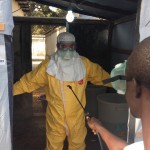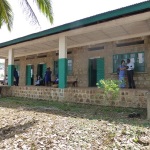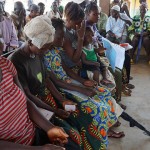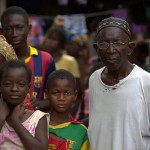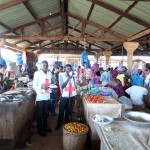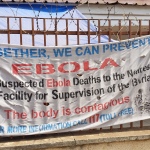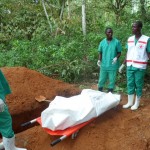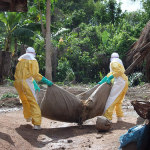The CLEME (Community Led Ebola Man- agement and Eradication) programme aims at triggering the behavioural change needed by the communities to strengthen community resilience to the outbreak and prevent further resurgence by ensuring real and sustainable improvements through: Providing the communities with the means to conduct their own appraisal and analysis of the Ebola outbreak, their safety regarding the disease and its con- sequence if nothing is done; Instilling a feeling of urgency in engaging in community actions that will prevent the community experiencing infections; Supporting
Continue reading →
The Ebola outbreak in West Africa differed from others in its unprecedented size and the high proportion of human-to-human transmission occurring in the community. This report presents an analysis of the impact of Community Care Centres (CCCs) on communities in Sierra Leone. Much has been written about the leadership and coordination of the response – or the lack of it. The emphasis of this evaluation is on the views on the development, implementation and relevance of the CCCs from the perspective of the communities next
Continue reading →
The present document is the eighth and final report in a series presenting descriptive results of a survey of responses to Ebola and Ebola control in 26 villages in all three provinces of rural Sierra Leone, fieldwork for which was undertaken in December 2014. The report covers three villages in Gbo chiefdom, in Bo District. Some emphasis is placed on how inconsistencies of Ebola response are perceived at local level, and undermine trust. Ebola responders should not only improve the quality of their messages, but
Continue reading →
This study aimed to support Oxfam’s Public Health Promotion (PHP) strategy through a rapid qualitative assessment of the remaining social barriers to compliance with Ebola prevention and treatment messages. At the time of the study, most Liberians had a high awareness of Ebola prevention and treatment information. However, new infections continued to occur in “hot spots” around the country. A preliminary assessment suggested that negative perceptions and fear of Ebola response efforts contributed to non-compliance and resistance in some areas. Research activities assessed the sources
Continue reading →
This working paper reports on a study to identify epidemic control priorities among 15 communities in Monrovia and Montserrado County, Liberia. Data were collected in September 2014 on the following topics: prevention, surveillance, care-giving, community-based treatment and support, networking/hotlines/calling response teams and referrals, management of corpses, quarantine and isolation, orphans, memorialization, and the need for community-based training and education. The study also reviewed issues of fear and stigma towards Ebola victims and survivors, and support for those who have been affected by Ebola. The findings
Continue reading →
